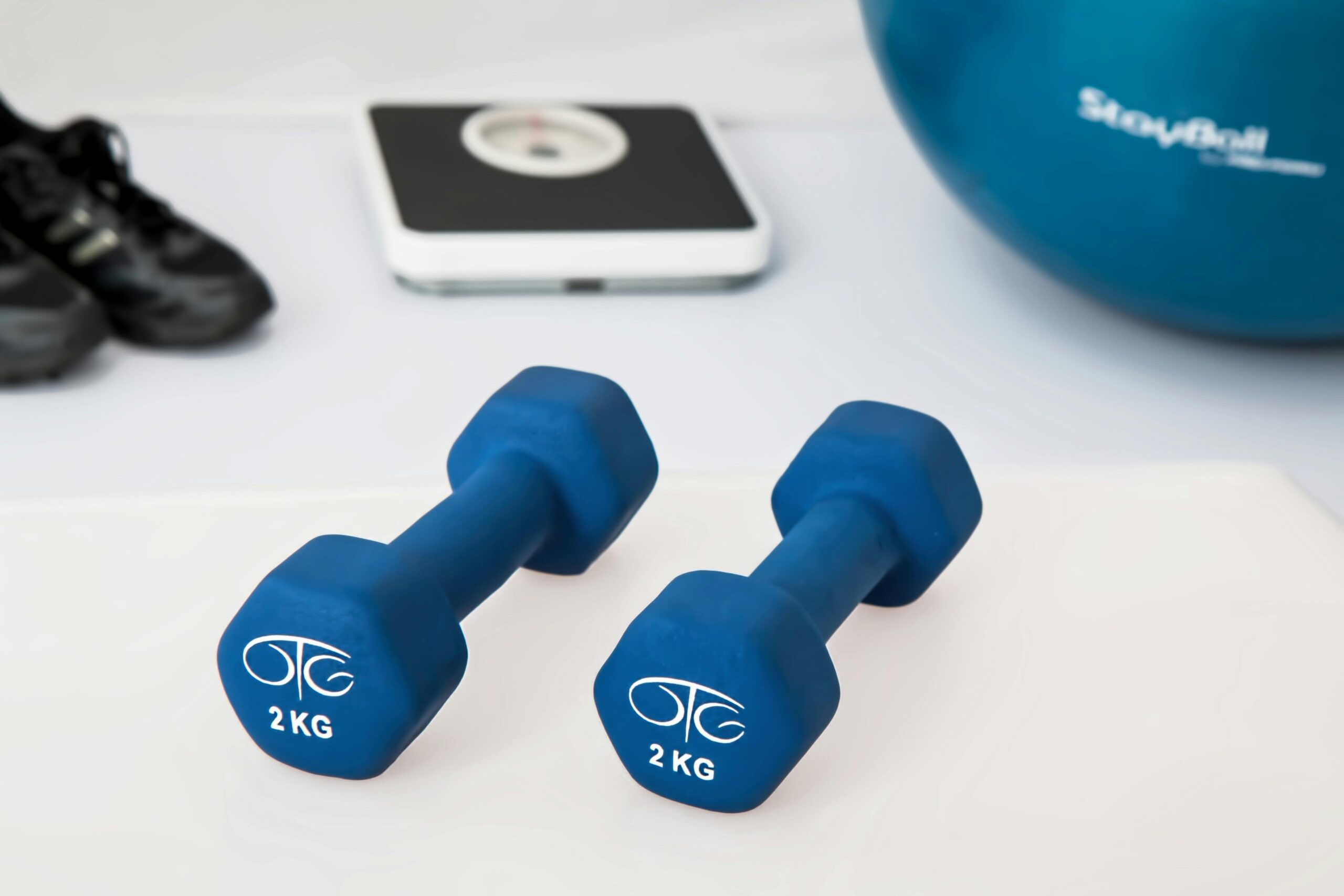Gym diet plan for muscle gain and fat loss
Here are some nutrition habits that can help you build muscle and lose fat at the same time NUTRITION OF DIET The nutrition of a diet refers to the sum of nutrients a person gets from the food they consume. These nutrients are essential for the body’s proper function, growth, and repair. There are two main categories of nutrients: macronutrients and micronutrients. Macronutrients are needed in large amounts and provide energy (calories) for the body. They include carbohydrates, proteins, and fats. Micronutrients are needed in smaller amounts but are still essential for good health. They include vitamins and minerals. A balanced diet should include a variety of foods from all food groups to ensure that the body gets all the nutrients it needs. Here’s an example of a healthy meal plate according to the USDA MyPlate recommendations: Meal 1: Pre-Workout Timing: 1-2 hours before workout Whole grain toast with almond butter Greek yogurt with berries 1 scoop of whey protein Meal 2: Post-Workout Timing: Immediately after workout Protein shake (whey protein with water or milk) Banana or apple Meal 3: Lunch Grilled chicken breast Brown rice or quinoa Steamed vegetables (broccoli, carrots, bell peppers) Side salad with olive oil and balsamic vinegar dressing Meal 4: Snack Cottage cheese with sliced almonds Whole grain crackers Meal 5: Dinner Baked salmon or lean beef Sweet potato Grilled asparagus or green beans Meal 6: Before Bed Casein protein shake (slower digesting protein) Handful of nuts (almonds, walnuts) Guidelines: Protein: Include a good source of protein in every meal (chicken, turkey, lean beef, fish, eggs, tofu). Carbohydrates: Focus on complex carbs (whole grains, sweet potatoes, fruits, vegetables) except for post-workout, where fast-digesting carbs (like fruit) are beneficial. Fats: Important for hormone production and overall health. Focus on healthy fats like avocados, nuts, seeds, and olive oil. Stay Hydrated: Drink plenty of water throughout the day.Staying hydrated is important to avoid dehydration, which can be a risk factor for constipation. Remember, this is a general guide. Adjust portions and types of foods based on your preferences, dietary restrictions, and how your body responds. It’s also a good idea to consult with a nutritionist or dietitian for a personalized plan.
